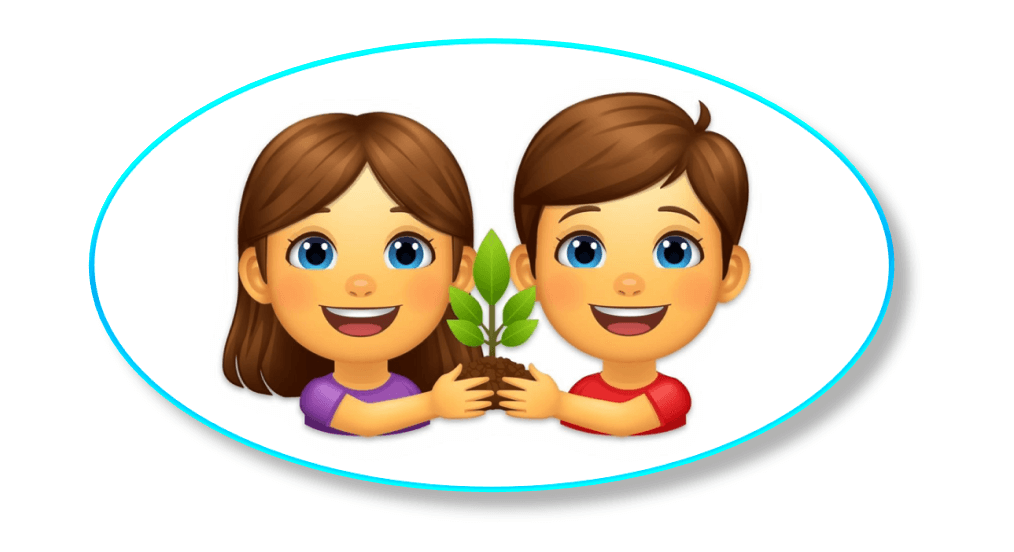Earth: Our Life-Sustaining Planet
The ground beneath our feet is part of a unique world — the planet we call home It is the only planet known to sustain life. Its rocky surface, deep oceans, and protective atmosphere provide ideal conditions for living beings to thrive. The balance between land, water, and air makes Earth a unique and delicate planet. This harmony creates the conditions necessary for life to flourish.
Without such equilibrium, our planet would not be able to sustain the diversity of ecosystems that exist today. Recognising what makes our planet unique helps us appreciate its beauty and understand the importance of protecting it.

The Qur’ānic Perspective: The Earth as a Divine Trust
The Qur’an presents the Earth not as a mere physical structure but as a purposeful creation—a foundation for life, reflection, and moral responsibility. It is portrayed as a place of balance, beauty, and order, designed with precision by the Creator to sustain every living being.
“It is He who made for you the Earth as a resting place and the sky as a canopy. He formed you and perfected your forms, and provided you with good things. That is Allah, your Lord. So blessed is Allah, the Lord of the worlds.”
(Qur’an 40:64)

Throughout the Qur’an, the Earth is described as madh (spread out), firāsh (a resting place), and mihād (a cradle)—terms that emphasize both comfort and stability. These descriptions remind humanity that the planet is not random or chaotic, but intentionally ordered for human life and spiritual reflection.
The Qur’an also calls believers to observe and contemplate the natural world as a sign (āyah) of divine wisdom. The alternation of night and day, the flowing of rivers, the growth of plants, and the diversity of creatures all point toward a Creator who designed creation with purpose and mercy.
“And it is He who spread out the Earth and placed therein firm mountains and rivers; and of all the fruits He made therein two mates. He causes the night to cover the day. Indeed, in that are signs for a people who give thought.”
(Qur’an 13:3)
This perspective makes the relationship between humanity and the Earth not only ecological but ethical and spiritual. The Qur’an entrusts humans with the role of khalīfah (steward)—caretakers of creation responsible for maintaining the balance (mīzān) established by Allah.
“And the sky He has raised high, and He has set the balance, that you may not transgress in the balance. So establish weight with justice and do not fall short in the balance.”
(Qur’an 55:7–9)
In this divine framework, protecting the Earth becomes an act of worship. Wastefulness, exploitation, and corruption of the environment are seen as violations of this trust. The Qur’an warns against such behavior:
“And do not cause corruption upon the Earth after it has been set in order.”
(Qur’an 7:56)
Thus, the Qur’ānic view of the Earth invites humanity to a profound understanding—that the world is a living sign of God’s mercy, and our care for it is a reflection of our faith. Each mountain, river, and grain of soil is a reminder of divine balance; to honor the Earth is to honor the Creator Himself.
Structure of the Earth

Underneath the land we walk on is a complex, layered structure.
Crust – The outermost solid layer, consisting of the continents and ocean floors, that supports ecosystems and human civilization.
Mantle – A thick layer of hot, semi-solid rock lies beneath the crust. It moves slowly over time. These movements drive plate tectonics and lead to the formation of mountains, earthquakes, and volcanoes.
Core – At the centre of the Earth lies the core. A liquid outer layer surrounds a solid inner core. Iron and nickel form the main components of both layers.
Movements within the core create the Earth’s magnetic field, which protects the planet from harmful solar radiation.
The Earth offers a stable foundation for life, with its mountains, plains, rivers, and channels reflecting a natural balance and harmony that sustain living organisms. These features demonstrate the planet’s unique suitability for life, a blessing not found on other planets, its creation by divine wisdom being the survival of life.
Conclusion
The Earth stands as one of the most extraordinary expressions of creation—a harmonious fusion of scientific precision and divine wisdom. From its layered depths and shifting continents to the vast oceans and life-sustaining atmosphere, every element reflects a perfect equilibrium between strength and fragility. Across civilizations, philosophies, and faith traditions, humanity has long sought to understand the Earth’s origin and purpose. This shared pursuit reminds us that the planet is not merely our dwelling place but a sacred trust—one that calls us to respect its order, protect its beauty, and preserve its balance for generations yet to come.

